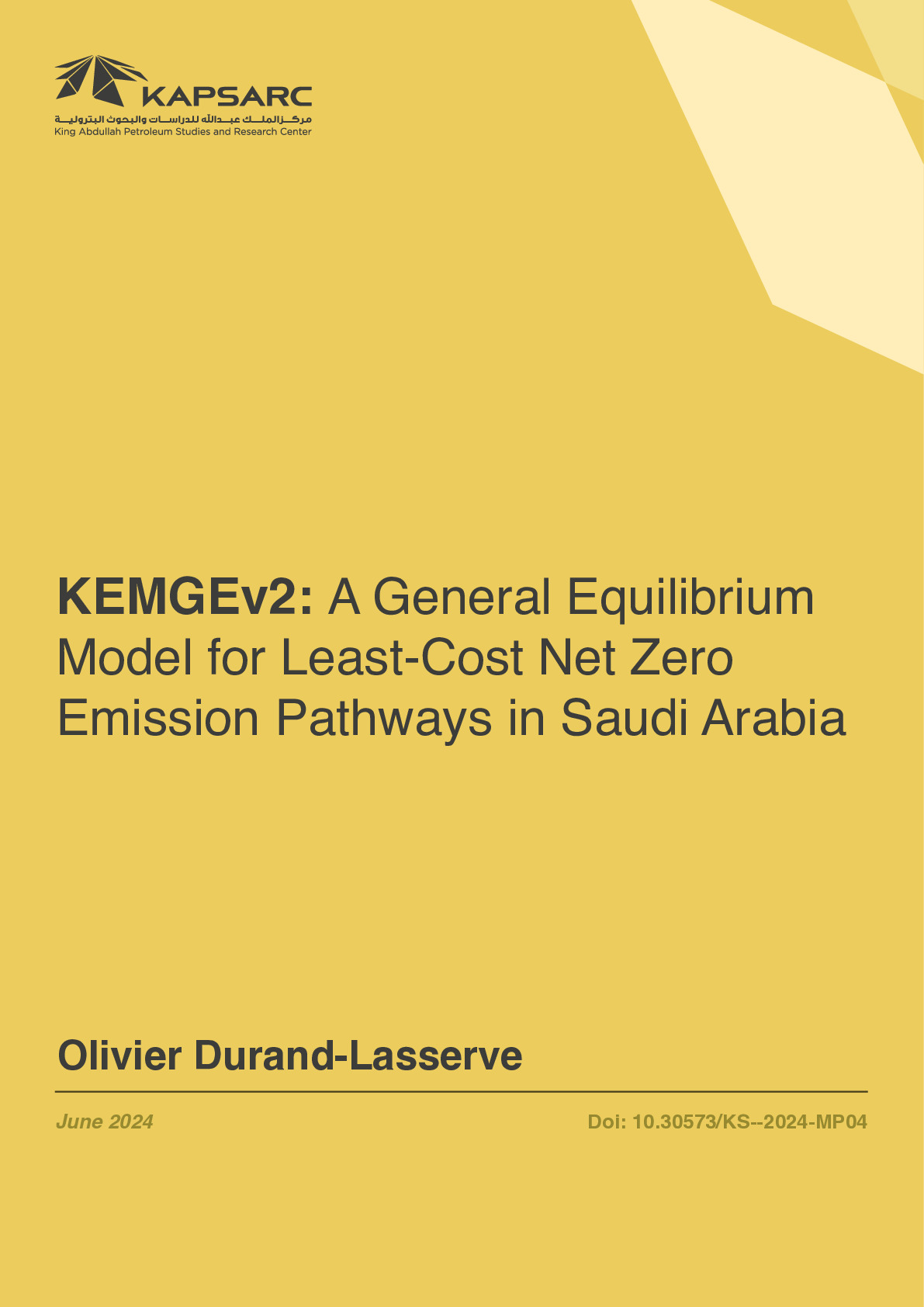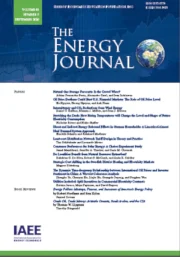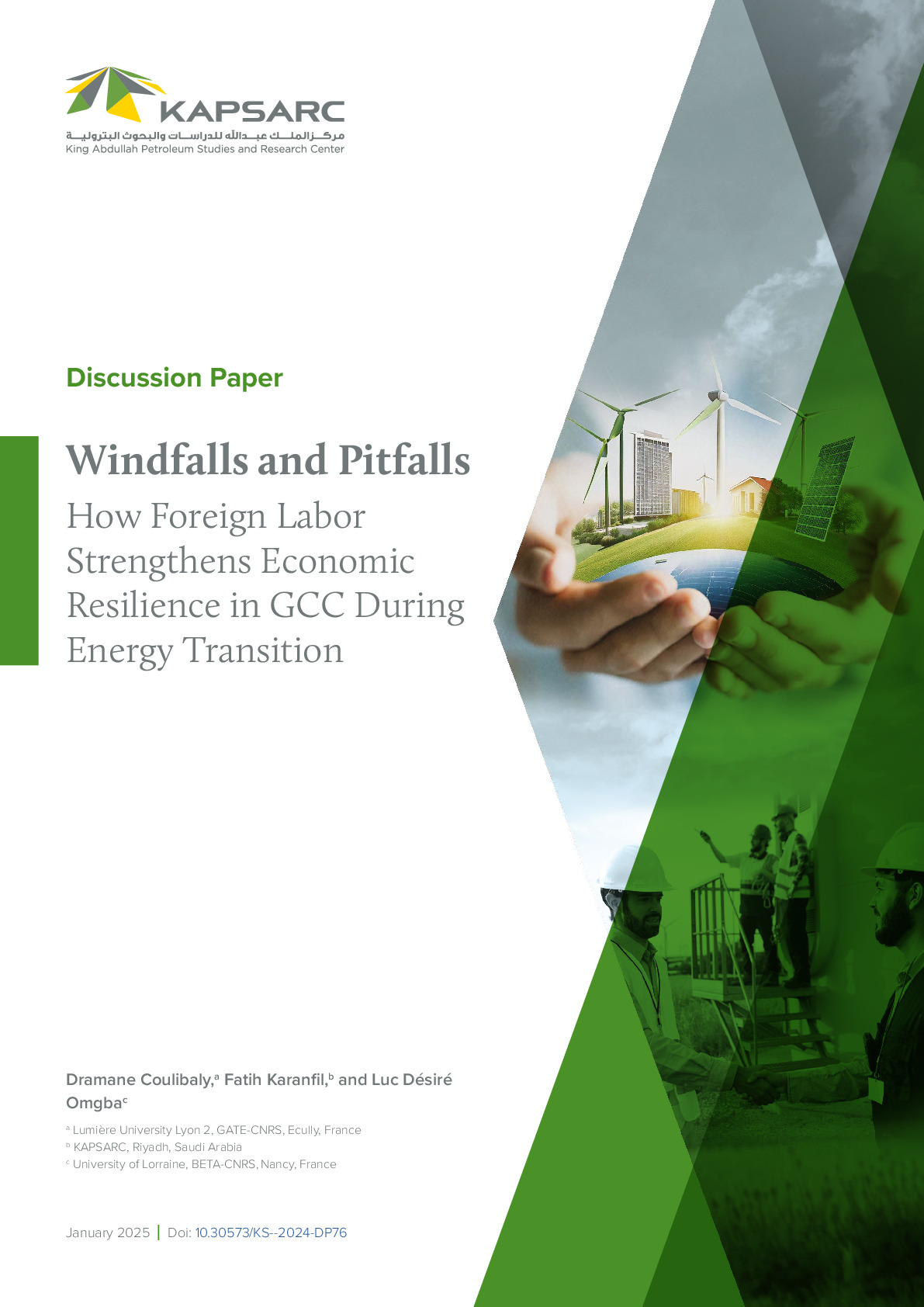Revenues from oil and gas exports represent an important source of government budgets in some emerging countries. At the same time, these revenues fluctuate considerably due to changing global economic conditions and energy prices. Economic theory prescribes that governments should try to stabilize their economies by saving windfall oil and gas revenues and spending them in periods of price downturns. However, oil- and gas-exporting countries often run procyclical policies, that is, they increase spending during windfall periods and reduce it in the event of a shortfall, which may result in severe recessions. Understanding what drives the response of fiscal policy to oil and gas revenue shocks is important as it helps to explain what makes the economies of commodity exporters more or less vulnerable to commodity price shocks, and how they can adjust to price volatility and to the long-term energy transition.

Principal Fellow- Energy Macro & Microeconomics
Olivier is a principal fellow in the Energy Systems and Macroeconomics program. Previously, he was an economist at the Organisation…
Olivier is a principal fellow in the Energy Systems and Macroeconomics program. Previously, he was an economist at the Organisation for Economic Co-operation and Development (OECD) and at the International Energy Agency (IEA) in Paris where his activities covered macroeconomic policy analysis and applied general equilibrium modeling. He contributed to various modeling studies on the assessment of the macroeconomic, environmental and distributional consequences of energy and environmental policies. He also worked on the land-water-energy nexus and on the economic consequences of air pollution. Before he joined the OECD, Olivier worked at ENGIE, in Paris, where he developed an in-house modeling framework for quantifying global long-term energy-economy scenarios. While completing his Ph.D., he was a research assistant at the Center for Operations Research and Econometrics (CORE) in Louvain-la-Neuve, Belgium.
Expertise
- Macroeconomic consquences of energy policies
Publications See all Olivier Durand-Lasserve’s publications

Net-Zero Transition and Employment in Saudi Arabia’s Energy Sector
Revenues from oil and gas exports represent an important source of government budgets in some…
24th February 2025
KEMGEv2: A General Equilibrium Model for Least-Cost Net Zero Emission Pathways in Saudi Arabia
Revenues from oil and gas exports represent an important source of government budgets in some…
1st July 2024


